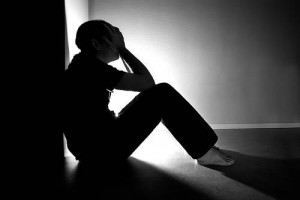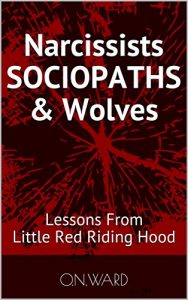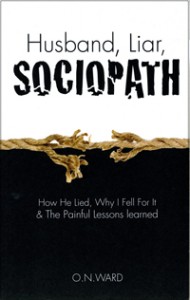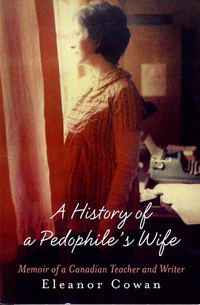 My motivation for writing “Husband, Liar, Sociopath: How He Lied, Why I Fell For It & The Painful Lessons Learned” and Narcissists, SOCIOPATHS & Wolves: Lessons From Little Red Riding Hood was multifaceted, including to help myself and others understand and heal. Understanding and healing is an ongoing process, and I am always learning.
My motivation for writing “Husband, Liar, Sociopath: How He Lied, Why I Fell For It & The Painful Lessons Learned” and Narcissists, SOCIOPATHS & Wolves: Lessons From Little Red Riding Hood was multifaceted, including to help myself and others understand and heal. Understanding and healing is an ongoing process, and I am always learning.
Self-blame and victim-blaming are common. Many involved with sociopaths experience self-blaming and are also the target of “victim-blaming.” It’s bad enough when someone we thought cared deeply for us gives us little sympathy and says things like, “How could you have been so naive?” “How did you cause this?” “How could a smart person be so stupid?” “I would have never let that happen to me.” Yet, many of us also do this to ourselves.
Victim blaming and the “hindsight effect.” It is logically flawed and it is hurtful. So why is it so pervasive? One of the reasons for victim blaming is what psychologists call the “hindsight effect.” Put simply, we cannot unknow what we know, and that knowledge automatically forges false strong beliefs of causality and certainly. So if something bad happens, we tend to automatically view it as having been predictable. Adding insult to injury, even when we know we do this, it’s hard to stop our brains from over-estimating predictability and causality.
Relevant research. Psychology professor Linda Carli (Wellesley College) has studied this topic. In her research, two groups of people read almost identical scenarios about a social interaction. One scenario, however had a neutral ending, while in the other scenario the woman in the story was assaulted. In spite of identical personal characteristics and actions, once subjects knew the ending, the woman’s behavior was judged more harshly in the assault “ending,” even though her behavior and characteristics was identical in both scenarios.
Memories change to create consistent stories. Pouring salt in the “victim-blaming” wound, Dr. Carli also discovered that the outcome of an event actually changes people’s memories of the events that led up to it. Memory is fluid, and it is adjusted (stuff is added and subtracted) in a way that is stereotypically associated with that given outcome (e.g., if someone was taken advantage of, they must have acted naïvely even if there is no evidence that they did). These newly created memories reinforce the hindsight bias and victim blaming. People don’t intentionally misremember, “make stuff up,” and blame the victim. Yet, our brains seek internal consistency and so when something really bad happens, we restructure “memories” in order to form an internally consistent story—“a” clearly would cause “b” (even though it was hardly “clear” at the time), and so anyone in situation “a” should have known that “b” would result. In other words, “she should have known he was a sociopath, so the fact that she stayed with him so long is her own fault.”
It’s natural to feel we are to blame, even when we are not. For those of us struggling to “forgive” ourselves, perhaps it’s helpful to know that self-blame, although very automatic, is also very misplaced. Can understanding this help us to stop being so hard on ourselves? Maybe understanding that self-blame is natural, will help us “forgive ourselves” by understanding that there really isn’t anything to forgive. We are human. Humans perceive imperfectly. A very skilled manipulator entered our lives. No one warned us, because, at the time, that manipulator had everyone else fooled, too. It’s not much more complicated. (Please to not misunderstand that I am suggesting that healing from a relationship with a sociopath is easy. It is not, but it is possible.)
A final thought: Although, understanding “victim blaming” helps me understand the sometimes hurtful and unsupportive behavior of family and friends, I still do not give them a pass. Someone who is truly supportive would not care, “whose fault it is,” they would just recognize that I am in pain and reach out with love and support. When you’re healing from a relationship with a sociopath, it’s important to pick your support system carefully. Some people are well intentioned but clueless and unsupportive, while others are downright toxic. While you’re healing, it may be best to avoid both, if possible.
Identifying names, places, events, characteristics, etc. that I discuss here and in my books have been altered to protect the identity of everyone involved.






































 Once I was groomed to be compliant; now I’m reclaiming my own life
Once I was groomed to be compliant; now I’m reclaiming my own life